Healing Rest: The Beautiful Science of Sleep
Sleep is often something we take for granted... until we can't sleep, and then we wonder how others make it look so easy.
Up until four years ago, I was an easy sleeper.
I fell asleep right away and for the most part, stayed asleep all night. I had heard of insomnia and other sleep disorders, but I couldn't imagine the challenges and could conjure little sympathy for those who faced them.
Then I began needing nine or ten hours of sleep and sometimes an afternoon nap to get through my days. I still thought I was sleeping okay, but my doctor recognized a potential underlying issue.
So, I tried oxygen at night for a while, and when that didn't help, I was scheduled for a sleep study. After a long night of testing, I was diagnosed with sleep apnea.
To treat this disorder, patients either use a CPAP or a BiPAP machine to sleep. This means wearing a mask (with tubing attached) over your nose and mouth. It's not comfortable, flattering, or convenient, but it's necessary.
Since my rare muscular dystrophy causes lung weakness, and it is expected to worsen, my doctor prescribed a non-invasive ventilator instead of the typical BiPAP. I would still wear the normal mask, but the machine would be able to help me breath at night if needed.
After a trial and error period of getting the settings just right, I was finally able to sleep easy again. I would forever be grateful for this machine, despite my permanent reliance on it.
I would never take sleep for granted again.
In the years since, I've had to monitor my quality of sleep and consult with my doctor regularly as my symptoms progress. This also requires that I have a sleep study each year to adjust my settings. Last week was my third annual sleep study.
Lanae, my technician, carefully stuck thin wires on my head, taped them to my face, and affixed them to my legs. She patiently helped me put on my mask and waited for me to get comfortable. Then she turned out the lights and left the room.
From her station, she was able to see my brain waves, eye movements, and my oxygen and carbon dioxide levels. She could see my lungs inflate with each inhaled breath and deflate as I exhaled. As I drifted into REM sleep, she watched the volume of air I was taking in, and noticing it was low, increased a pressure setting on my machine. Though my sleep was interrupted and foreign with all of the wires and belts on my body, the new settings helped me rest easy.
I was reminded how grateful I am for sleep science.
We know that sleep is good for us, and too little sleep can be dangerously unhealthy. But taking it for granted is risky, too. We need to intentionally make time for this healing practice, to give it our attention and gratitude, so we can truly be whole.
What if you stop apologizing for needing sleep?
What will transform your sleep into healing rest?
----
Some Doorways from last week:
Up until four years ago, I was an easy sleeper.
I fell asleep right away and for the most part, stayed asleep all night. I had heard of insomnia and other sleep disorders, but I couldn't imagine the challenges and could conjure little sympathy for those who faced them.
Then I began needing nine or ten hours of sleep and sometimes an afternoon nap to get through my days. I still thought I was sleeping okay, but my doctor recognized a potential underlying issue.
So, I tried oxygen at night for a while, and when that didn't help, I was scheduled for a sleep study. After a long night of testing, I was diagnosed with sleep apnea.
To treat this disorder, patients either use a CPAP or a BiPAP machine to sleep. This means wearing a mask (with tubing attached) over your nose and mouth. It's not comfortable, flattering, or convenient, but it's necessary.
Since my rare muscular dystrophy causes lung weakness, and it is expected to worsen, my doctor prescribed a non-invasive ventilator instead of the typical BiPAP. I would still wear the normal mask, but the machine would be able to help me breath at night if needed.
After a trial and error period of getting the settings just right, I was finally able to sleep easy again. I would forever be grateful for this machine, despite my permanent reliance on it.
I would never take sleep for granted again.
In the years since, I've had to monitor my quality of sleep and consult with my doctor regularly as my symptoms progress. This also requires that I have a sleep study each year to adjust my settings. Last week was my third annual sleep study.
Lanae, my technician, carefully stuck thin wires on my head, taped them to my face, and affixed them to my legs. She patiently helped me put on my mask and waited for me to get comfortable. Then she turned out the lights and left the room.
From her station, she was able to see my brain waves, eye movements, and my oxygen and carbon dioxide levels. She could see my lungs inflate with each inhaled breath and deflate as I exhaled. As I drifted into REM sleep, she watched the volume of air I was taking in, and noticing it was low, increased a pressure setting on my machine. Though my sleep was interrupted and foreign with all of the wires and belts on my body, the new settings helped me rest easy.
I was reminded how grateful I am for sleep science.
We know that sleep is good for us, and too little sleep can be dangerously unhealthy. But taking it for granted is risky, too. We need to intentionally make time for this healing practice, to give it our attention and gratitude, so we can truly be whole.
What if you stop apologizing for needing sleep?
What will transform your sleep into healing rest?
----
Some Doorways from last week:
- I live next to a field where hay is grown, and this time of year, it's green and long. On Saturday, I noticed dozens of tiny white butterflies flitting and fluttering along the tops of the flowing hay, and it made me smile.
- The night I had my sleep study, I thought I'd miss dinner with Shawn. But he was sent home early from work so they could clean the carpets. We ended up eating our meal together after all. It was an unexpected, perfect timing.
- I watched two episodes of PBS's The Planets last week. I am in awe of Earth's ability to support life as numerous facets had to come together "just right" to be habitable (i.e. distance from the sun, substantial diameter, magnetic field, and sustainable oceans). Through this Doorway, I can see the Creator at work.

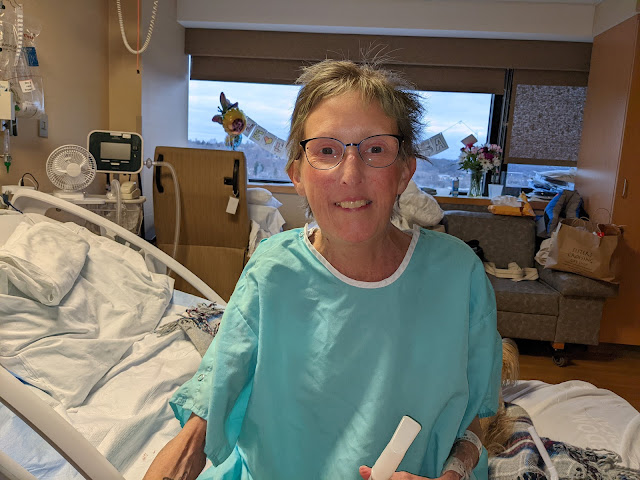
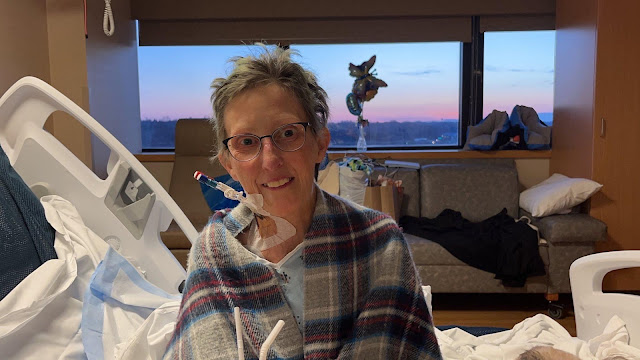
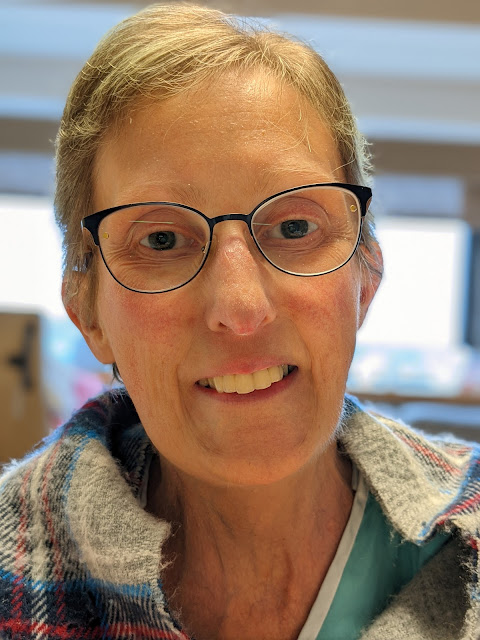
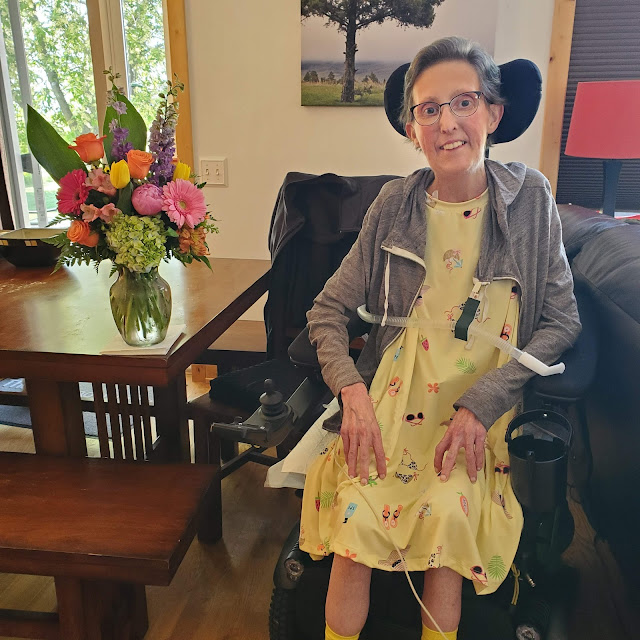

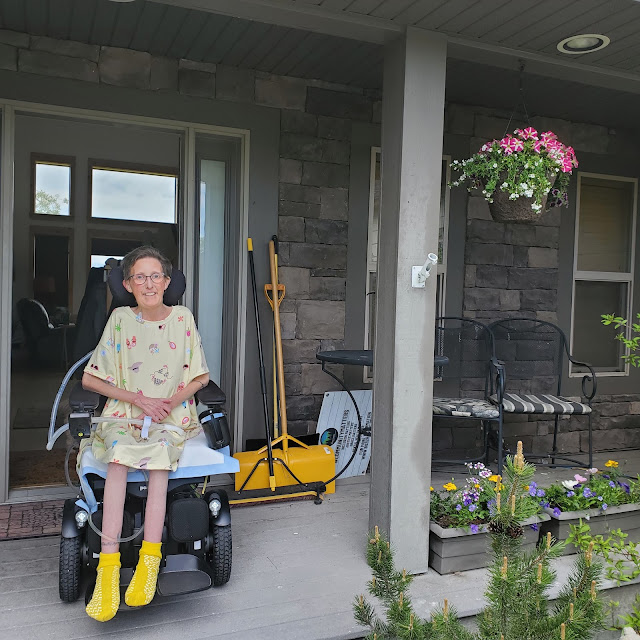


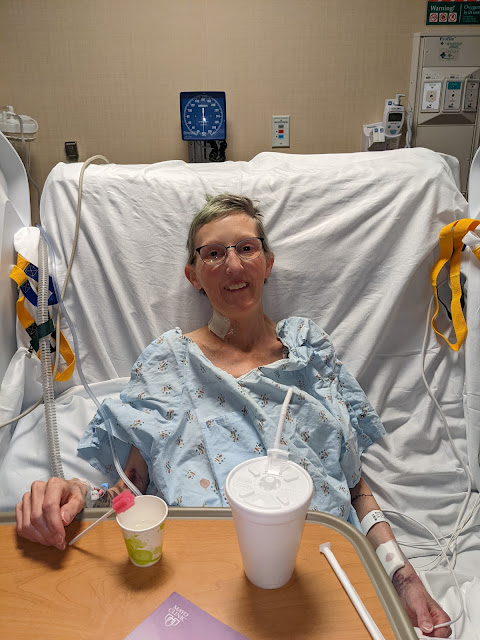
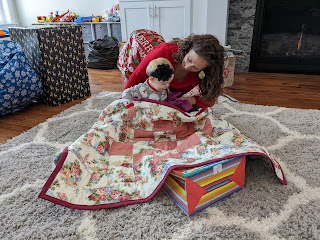
Comments
Post a Comment